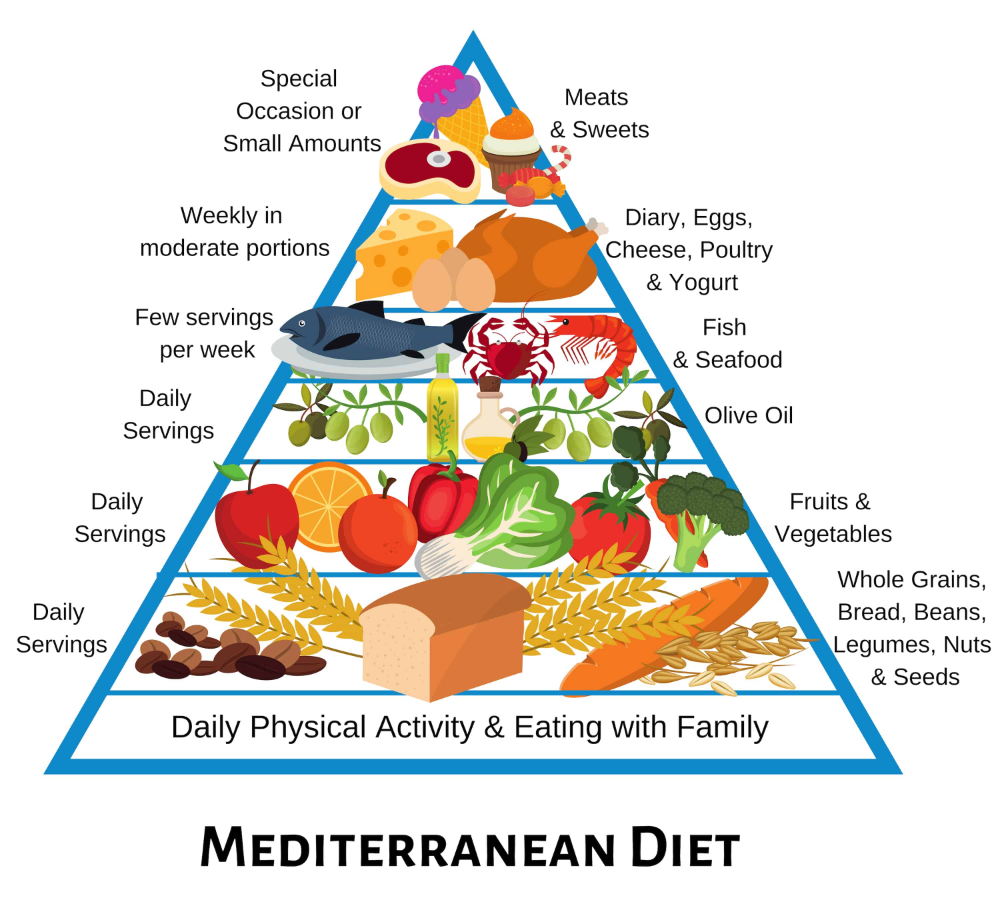Intermittent Fasting: A Comprehensive Beginner’s Guide

Intermittent fasting has gained significant popularity in recent years as a weight loss and health improvement strategy. This article serves as a comprehensive beginner’s guide to intermittent fasting, providing an overview of its benefits, different fasting methods, and tips for getting started.
What is Intermittent Fasting?
Intermittent fasting involves cycling between periods of fasting and eating. Unlike traditional diets that restrict calories or food groups, intermittent fasting focuses on when you eat rather than what you eat. There are several popular intermittent fasting methods:
1. 16/8 Method
The 16/8 method involves fasting for 16 hours each day and limiting your eating window to 8 hours. Typically, this means skipping breakfast and starting your eating period around noon, then stopping eating at 8 pm.
2. 5:2 Diet
The 5:2 diet involves eating normally for five days a week and restricting your calorie intake to 500-600 calories on the remaining two days. On fasting days, it is common to consume two small meals rather than one large meal.
3. Alternate-Day Fasting
Alternate-day fasting consists of fasting every other day. On fasting days, you either completely avoid food or limit your calorie intake to 500-600 calories.
Benefits of Intermittent Fasting
Intermittent fasting offers a wide range of health benefits beyond weight loss:
1. Weight Loss
By limiting your calorie intake and extending the fasting period, intermittent fasting can help you achieve weight loss goals more effectively than traditional diets.
2. Improved Insulin Sensitivity
Intermittent fasting can enhance insulin sensitivity, lowering the risk of type 2 diabetes and improving blood sugar control.
3. Reduced Inflammation
Studies suggest that intermittent fasting may reduce inflammation levels in the body, benefiting overall health and reducing the risk of chronic diseases.
4. Enhanced Brain Function
Intermittent fasting has shown to stimulate the production of brain-derived neurotrophic factor (BDNF), a protein that promotes brain health, cognitive function, and mental clarity.
Tips for Starting Intermittent Fasting
If you are interested in trying intermittent fasting, here are some tips to help you get started:
1. Start Slowly
Begin with an easier fasting method, such as the 16/8 method, and gradually increase the fasting duration as your body adapts.
2. Stay Hydrated
Drink plenty of water throughout the day, especially during fasting periods, to keep your body hydrated and reduce hunger.
3. Listen to Your Body
If you feel unwell or excessively hungry during fasting, it is essential to listen to your body and adjust your fasting schedule accordingly.
4. Stick to Nutritious Foods
During eating windows, focus on consuming whole, nutrient-dense foods to maximize the health benefits of intermittent fasting.
Conclusion
Intermittent fasting is a flexible and effective approach to improve health, promote weight loss, and optimize overall well-being. By following the right method and incorporating it into your lifestyle, intermittent fasting can produce lasting and positive results. Remember to consult with a healthcare professional before starting any new dietary regimen.


